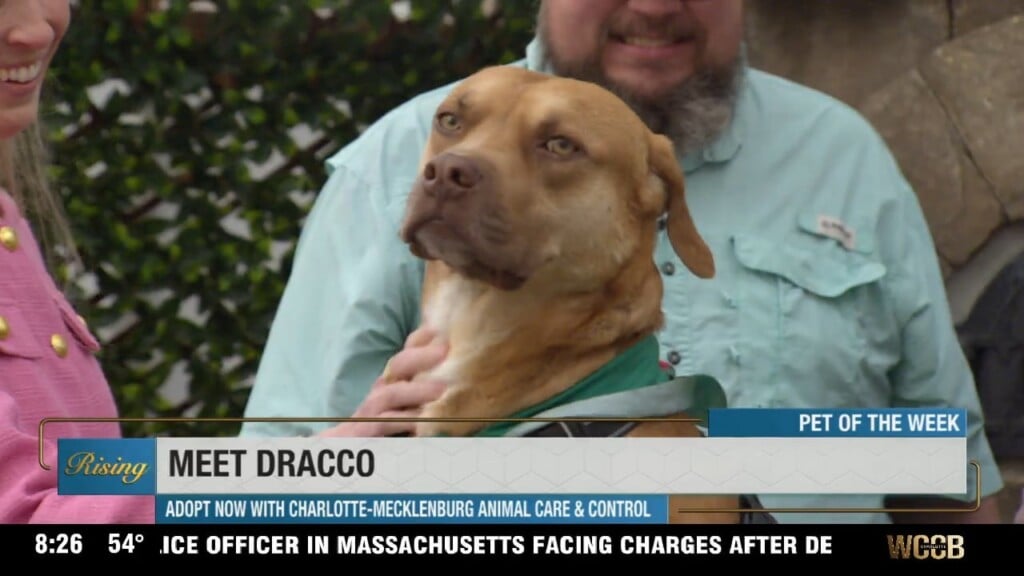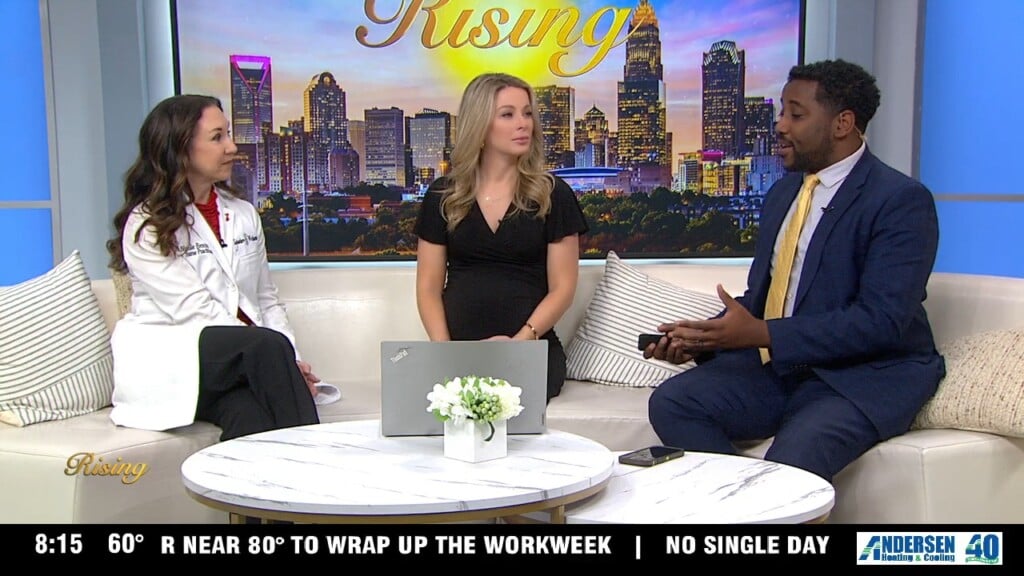Local Veterans Say Issues are Mounting
40% of post-9/11 veterans asked in a recent poll said they have considered suicide at least once.
CHARLOTTE, NC — 40% of post-9/11 veterans asked in a recent poll said they have considered suicide at least once. There is a strong sentiment among these veterans that the Department of Defense and the VA aren’t doing enough to address this problem.
“The VA wasn’t, was not equipped to handle 15 years of war,” says local veteran Dave Dowell.
As the 15 year anniversary of 9/11 approaches, the most recent numbers from the Veterans Administration show that roughly 20 veterans commit suicide every day.
“People try to go get help, and then they’re pushed back in the system so much they never get it,” says Logan Wesley, who served in the Marine Corps. “And then maybe something unfortunate happens.”
The former Marine is not alone.
“There’s a lot of guys coming back,” says Wesley. “I mean there’s guys coming back every day. Guys getting out every day.”
The VA is dealing with unprecedented numbers of post-traumatic stress cases. And only a third of post-9/11 vets say their health is as good now as it was before they joined the military.
“The wear and tear that the average military person is going to deal with on their body, and on their mind,” says Dowell.
Dowell served in the US Navy, and was exposed to burn pits during deployment. He and other vets are struggling with a long list of physical and mental challenges. Many say they can no longer rely on the VA alone to meet their needs.
“I tend to avoid the VA for health care as much as possible, just because of the hassle that it is,” says Stuart Gambill.
The former Army sergeant is taking advantage of other veterans’ benefits. The engineering grad-student at UNC-Charlotte is using the GI Bill to study at the Motorsports Research Facility.
But the path back into civilian life can be lonely. And it varies for every soldier.
“What works for me, the coping mechanisms and strategies that I use to transition, and hopefully thrive in civilian life, are going to be different from one veteran to another,” says Gambill.
Researchers found that the risk of suicide for veterans is 21% higher when compared to civilian adults. And it jumped more than 32% from 2001 to 2014.





